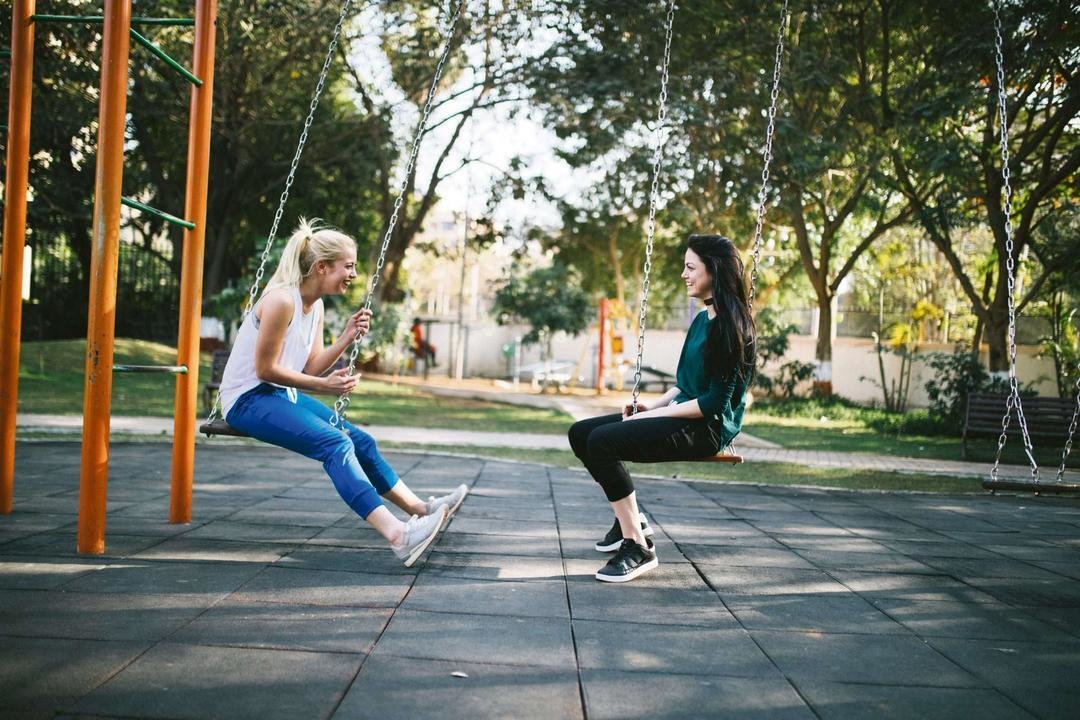Mediación: 7 Claves para una Escucha Activa

Escuchar de forma activa es transmitir al otro que, efectivamente, estamos comprendiendo lo que nos dice y, sobre todo, conectando con ello a nivel personal. Escuchar así ayuda a generar confianza y por supuesto facilita la cooperación y el resolver un posible conflicto. Por esto, recordar algunas claves para mejorar los hábitos de escucha viene tan bien para mejorar nuestras relaciones:
Cuidar nuestro lenguaje no verbal para transmitir cordialidad y tranquilidad a través de la postura y el contacto visual. Asentir con la cabeza y adecuar nuestra expresión a lo que nos van contando, ayudará a la persona a hablarnos de manera abierta.
- Parafrasear repitiendo, de vez en cuando, con nuestras propias palabras, algunas frases claves que resumen lo que nos están diciendo, dará a entender a la otra persona que estamos atentos y que nos interesa su relato.
- No hacer juicios sobre lo que nos están contando pues cada persona interpreta una situación desde su propia perspectiva.
- No subestimar el mensaje del otro. Es normal que relacionemos el relato del otro con ideas que ya tenemos y nos entren ganas de comentárselo. Sin embargo, lo mejor es centrarse en escuchar y posponer estos comentarios al máximo. Pensar en ellos nos hará perdernos mucha información que es importante para la otra persona pues no podemos estar escuchando dos conversaciones al mismo tiempo: la de nuestro monólogo interno y la del otro. Siempre ganará la del monólogo ya que nuestro cerebro está hecho para escuchar la información que ya pensamos o creemos y descartar aquella que lo contradice.
- No dar consejos si no nos los piden. Siempre es mejor encontrar las soluciones por uno mismo y no escuchar directamente del otro lo que deberíamos hacer. Posiblemente, la otra persona sólo necesite desahogarse, si queremos escuchar de forma activa, lo mejor es esperar a que haya acabado su relato y luego, si pensamos que podemos ayudar, hacer preguntas para facilitarle el conectar con lo que, desde su propio centro, le podría descubrir soluciones.
- Hablar de manera calmada y respetar los silencios. Las conversaciones más íntimas e importantes suelen darse en entornos de tranquilidadpor lo que hablar pausadamente y respetar los silencios ayudará a que la persona continúe y profundice.
- Reforzar positivamente la comunicación. Durante la conversación con alguien que nos importa, y especialmente al final, es positivo decir que nos ha gustado hablar de ese tema y compartir ese rato charlando.
Catalina Bernaldo de Quirós.
Mediadora y Pedagoga
Directora del Gabinete de Mediación “Co-Mediacion”
Más info en: www.co-mediacion.com
Mediation: 7 Keys for Active Listening
Listening actively means conveying to the other that we do indeed understand what they are telling us and, above all, connecting with them on a personal level. Listening like this helps to create trust and of course facilitates cooperation and resolving possible conflicts. Therefore, remembering some keys for improving listening habits is really good to improve our relationships:
- Pay attention to your non-verbal language in order to convey friendliness and calmness through your posture and visual contact. Nodding with the head and adapting our expression to what they tell us, will help the person to talk openly to us.
- Paraphrasing by repeating, from time to time, with our own works, some key phrases that summarise what they’re telling us, will make the other person believe that we are attentive and interested in their narrative.
- Do not be judgemental about what they are telling us as each person interprets a situation through their own perspective.
- Do not underestimate the message of the other. It is normal for us to link the narrative of the other to ideas that we already have and to have a desire to comment on it. However, the best thing is to focus on listening and really delay those comments. Thinking about them will make us miss out on a lot of information that is important for the other person as we cannot listen to two conversations at the same time: that of our internal monologue and that of the other. That of the monologue will always win as out brain is made to listen to the information that we already think or believe and rule out what contradicts it.
- Do not give advice if it isn´t requested. It is always better to find the solutions for yourself and not to hear directly from the other what we should do. Possibly, the other person simply needs to let off steam, if we want to listen actively, the best thing is to wait for them to finish their narrative and then, if we think we can help, ask questions to enable them to connect with what, through their own centre, could help them discover solutions.
- Speak in a calm way and respect silences. The most private and important conversations normally occur in calm environmentstherefore talking calmly and respecting silences will help the person to continue and delve deeper.
- Positively strengthen communication. During conversation with someone that is important to us, and especially at the end, it is positive to say that we have liked talking about that subject and sharing that time talking.


